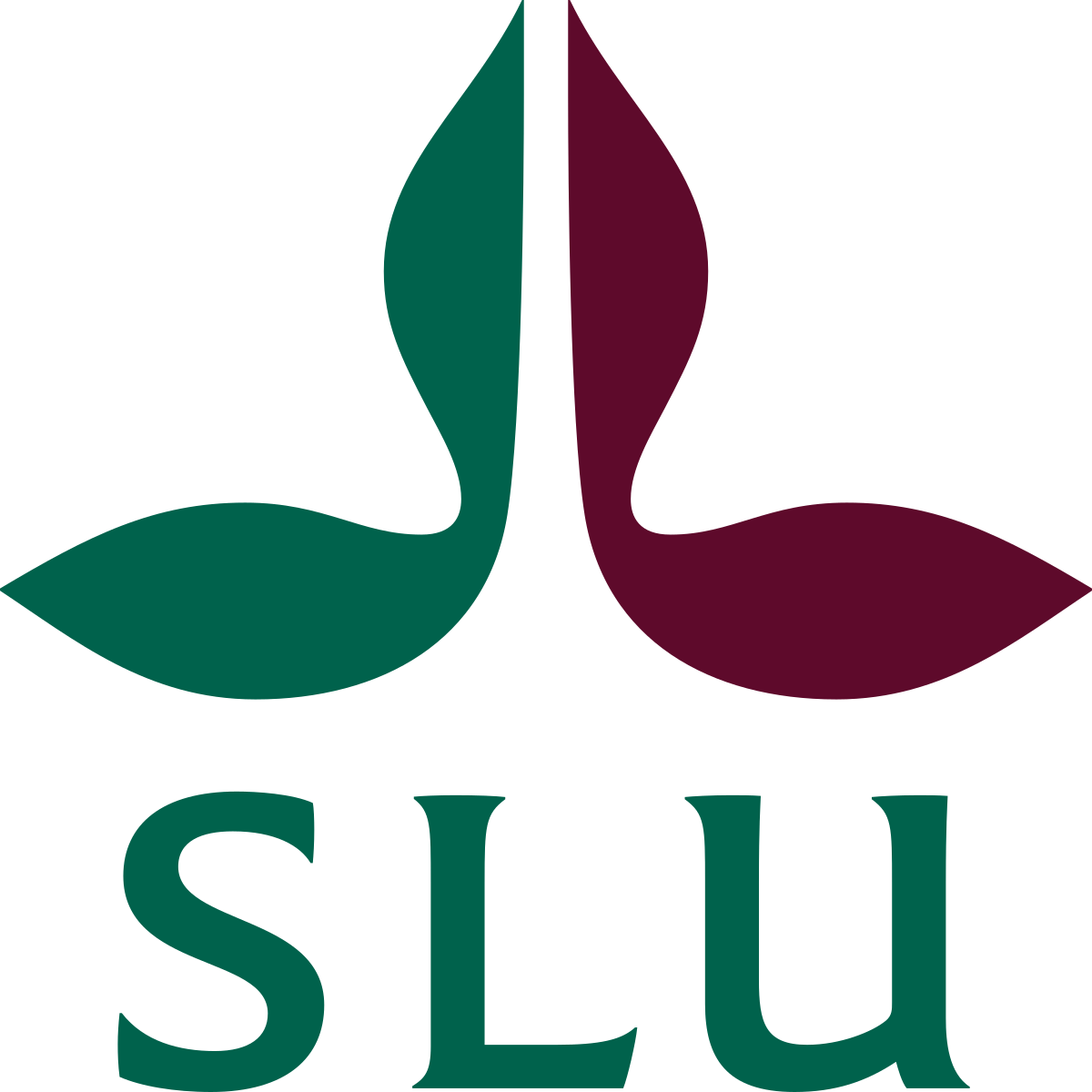The Swedish University of Agricultural Sciences (SLU) is a world-class international university with research, education and environmental assessment within the sciences for sustainable life. The Department of Aquatic Sciences and Assessment (www.slu.se/aquatic-sciences) focuses on environmental change over time and space in freshwaters. To support society’s efforts in sustainable development and ecosystem restoration, we seek the causes of environmental change in both human influences and natural variation. National responsibilities for assessing Swedish surface waters keep us connected to practical issues of water management,while at the same time providing opportunities for cutting-edge research. The department has ca 140 employees. Our approaches to scientific questions are often interdisciplinary, with good opportunities for collaboration between the department’s four major areas of expertise: geochemical and hydrological processes, aquatic ecology and biodiversity, microbial ecology as well as environmental organic chemistry and ecotoxicology. To promote landscape level approaches, the department is part of SLU’s Soil-Water-Environment cluster. The breadth of expertise comprised by the 300 members of this cluster, in combination with major research infrastructures for fieldstudies, laboratory analyses and data management creates a creative environment for scientific endeavor.Read more about our benefits and what it is like to work at SLU at https://www.slu.se/en/about-sl...
Improved evidence-base for understanding and managing surface water brownification
Research subject: Environmental assessment
Description: We are seeking a PhD candidate who will work with the project ”Improved evidence-base for understanding and managing surface water brownification.” Major increases in the color and organic carbon content of many surface waters across Europe and North America have altered aquatic foodwebs, mobilized harmful substances and created problems for the treatment of drinking water. This has highlightedthe need to better understand “brownification” and improve the evidence base for managing organic matter concentrations in streams,lakes and rivers. The research project will use three decades of surface water data from across Sweden and other Nordic countries supported by data on climate and land use to resolve the role of different influences on brownification. Innovative statistical methods will be a central feature of this “top down” approach. Decades of soil and groundwater data will be the basis for a complementary, “bottomup” geochemical investigation of organic matter solubility in potential catchment source areas (mires, fens and mineral soils). Both approaches will explore the hydrological connectivity of catchment organic matter sources using new, high resolution mapping products. Stakeholders will be involved in the execution of the study to create a regionally resolved national assessment of the brownification todate and expected developments with and without countermeasures.
Qualifications: We seek a candidate with a master's degree in one of the following fields, or equivalent: environmental science, environmental engineering, soil science, limnology, hydrology, biology, physical geography. The applicant should have a strong interest in science and the ambition to work as part of a research team. Knowledge of biogeochemistry, soil chemistry, hydrology, statistics and geographical information systems are merits for the position. The ability to express oneself well in both written and spoken English is another important merit. Personal qualities including the ability to collaborate, as well as analytical and problem-solving skills are also selection criteria.
To read the full job description and learn how to apply, click here.

 CZNet Coordinating Hub
CZNet Coordinating Hub